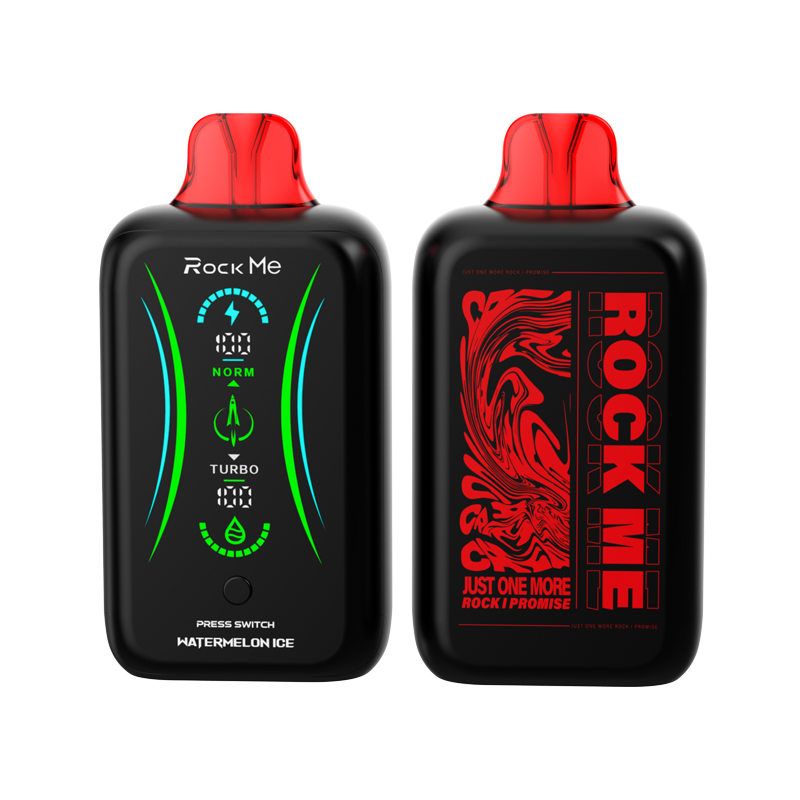Cigarette addiction continues to affect millions worldwide, and for many, quitting is a top priority. Each era brings innovations that shape lifestyles—first the internet, then mobile phones, and now, electronic cigarettes. Marketed as a modern alternative to traditional smoking, e-cigarettes have stirred both popularity and controversy. While their purpose is to reduce exposure to smoke, ash, and odor, many still question: Does switching to vaping actually make you healthier?
The Truth About E-Cigarettes and Health
Despite their modern design and perceived benefits, e-cigarettes are still considered tobacco products. We’re still learning about their long-term health implications, and while some advantages are evident compared to traditional smoking, the picture is far from perfect.

Is Vaping Better Than Smoking?
Based on current, though limited, research, the answer is a cautious yes—but with conditions.
Combustible cigarettes release over 7,000 chemicals, including formaldehyde, ammonia, tar, and carbon monoxide. At least 69 of these are carcinogens, significantly raising the risk of diseases such as lung cancer, heart problems, and chronic respiratory conditions. According to the CDC, smokers face 25 times higher risk of lung cancer compared to non-smokers.
By contrast, e-cigarettes vaporize a liquid rather than burn tobacco. This liquid, or e-juice, typically contains nicotine, flavorings, and solvents like propylene glycol or vegetable glycerin. While this process avoids combustion-related toxins, it doesn’t make vaping risk-free.
Some users who transition to vaping have shown signs of vascular improvement, and medical professionals agree that quitting smoking in any form is beneficial. For heavy smokers unable to quit cold turkey, vaping may offer a harm-reduction path—but not a health cure.
Risks and Limitations of E-Cigarettes
🚫 Nicotine Dependency Remains
Most e-liquids still contain nicotine, a highly addictive substance. While e-cigarettes deliver fewer toxins, they can maintain nicotine addiction or even strengthen it due to customizable flavors and convenient usage. Nicotine is known to raise heart rate and blood pressure, contributing to cardiovascular strain.
🧪 Flavored Liquids Can Be Harmful
The chemicals used to flavor vape juice are not always harmless. A 2019 study in Scientific Reports revealed that certain flavoring agents may cause inflammation, DNA damage, and lung tissue irritation, which could potentially lead to long-term respiratory illness.
Potential Health Risks Linked to Vaping
Although more research is needed, existing evidence suggests vaping may lead to:
-
Asthma or breathing difficulties
-
Lung scarring
-
Organ damage
-
EVALI (Vape-related lung injury)
-
Addiction
-
Cancer risk (under study)
-
Explosions or battery fires
-
Delayed brain development in teens and children
-
Weakened immune function
Some users also report immediate side effects, such as:
-
Headaches
-
Nausea or vomiting
-
Mouth or throat irritation
Safer Alternatives for Quitting Smoking
If your goal is to quit nicotine altogether, there are FDA-approved cessation tools that can help:
✅ Nicotine Replacement Therapy (NRT)
NRT provides low-dose nicotine without harmful tobacco chemicals:
-
Patches – Steady release over time
-
Gums & Lozenges – Help manage cravings throughout the day
-
Inhalers & Nasal Sprays – Fast-acting options for intense cravings
💊 Prescription Medications
-
Bupropion (Zyban): Helps reduce withdrawal symptoms
-
Varenicline (Chantix): Targets nicotine receptors to reduce cravings and satisfaction
🧠 Behavioral Support & Therapy
-
Cognitive Behavioral Therapy (CBT): Helps change addictive thought patterns
-
Motivational Interviewing: Builds internal drive to quit
-
Support Groups: Shared encouragement from people with similar goals
What’s the Verdict on Health?
Switching from cigarettes to e-cigarettes may reduce your exposure to harmful chemicals—especially those caused by burning tobacco. But that doesn’t mean vaping is a healthy option.
The ongoing presence of nicotine, the uncertain long-term effects of inhaled chemicals, and the risk of sustained dependence make vaping a complicated substitute. Health experts remain cautious, and large-scale research is still underway to fully understand vaping’s consequences.
Final Thoughts
For smokers who find quitting difficult, vaping might serve as a transitional tool—but it’s not a long-term solution for health. Reducing exposure to harmful toxins is a good start, but the ultimate goal should be complete cessation of nicotine and tobacco products.
Until more definitive research is available, the smartest move is to stay informed, choose proven cessation strategies, and work toward a tobacco-free, nicotine-free lifestyle.




